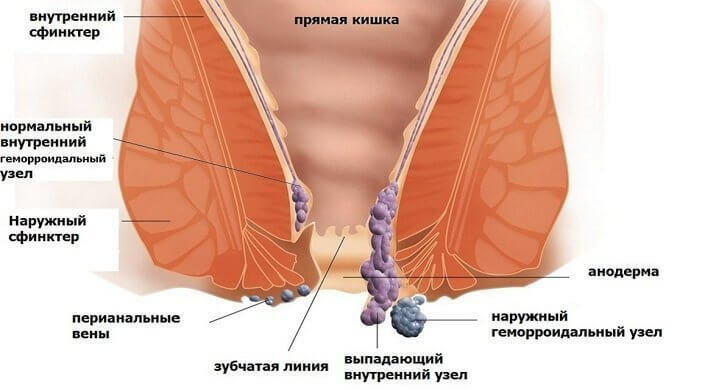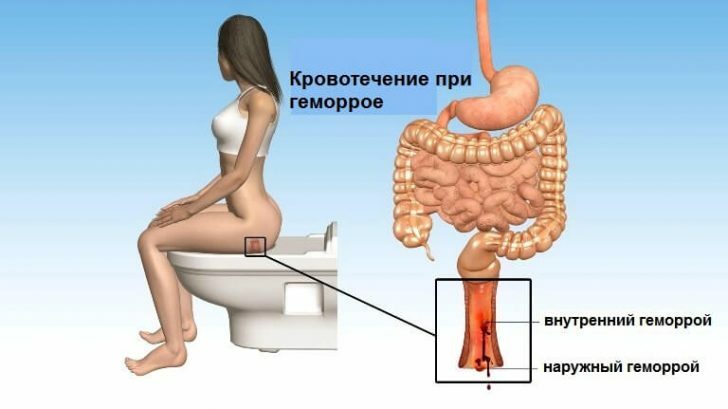Laxatives: an overview of effective drugs for treating constipation in children and adults
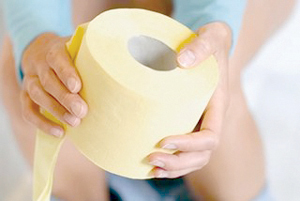
Laxative drugs are called drugs designed to treat constipation( constipation is the absence of defecation for two or more days).They are used in cases where other methods do not give the desired effect.
Table of contents: Classification of laxatives for the intestines How do laxatives work?How to choose the best suitable laxative?Laxative for pregnant We recommend reading:Classification of laxatives for intestines
There are three main groups of drugs in this category:
- chemically irritating receptors located on the intestinal wall;
- irritating intestines due to increased osmotic pressure( mechanical stretching);
- softening dense fecal masses and antispasmodics.
Chemical irritation of receptors provokes antraglikozid compounds.Containing their preparations are created on synthetic( phenolphthalein, isafenin) or natural( vegetable) basis.
The soft laxatives of plant origin include:
- buckthorn( bark);
- leaves of the hay( Senada);
- joster( fruit);Rhubarb root(
- ).
The most effective, common and safe laxative herbs are hay and buckthorn.

Note: is a fairly strong laxative of this group is castor oil.
Osmotic pressure in the intestines is increased by synthetic agents( magnesium, sodium sulfate), as well as natural( agar, laminaria, and flaxseed).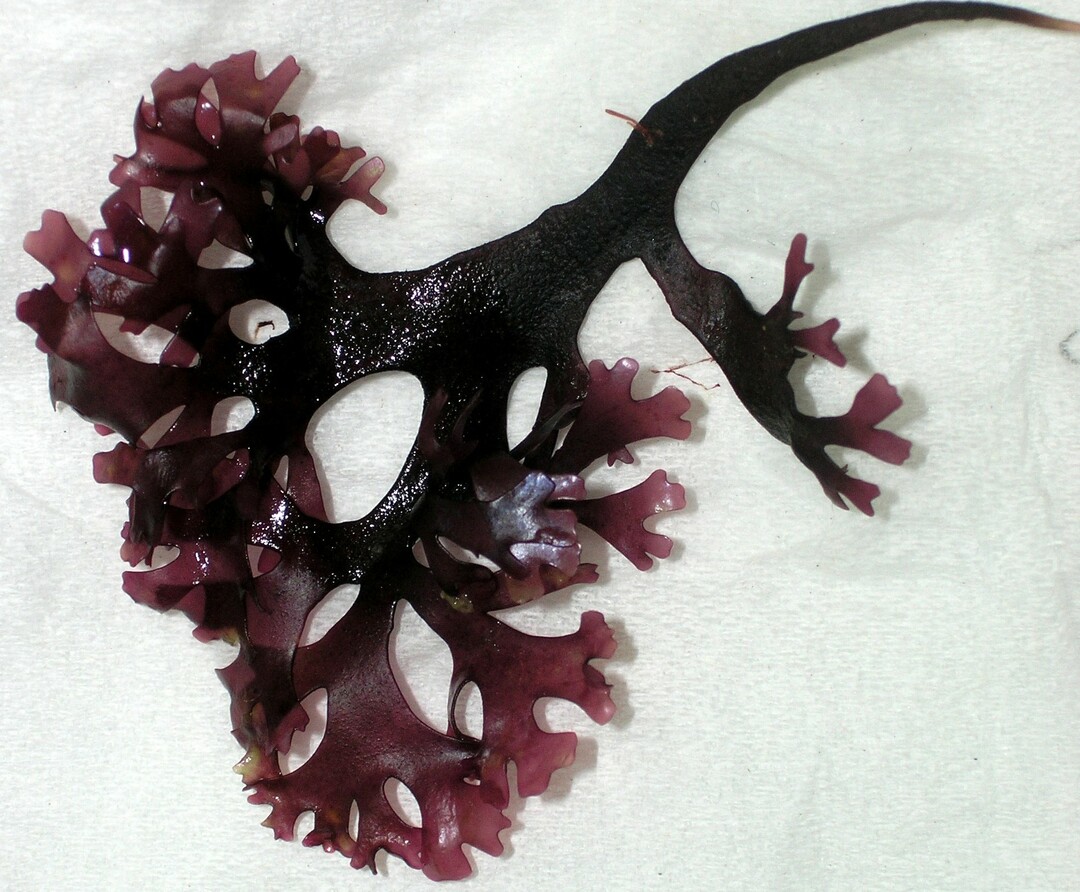
Vegetable oils( almond or vaseline) are the diluting solid feces and the optimal laxatives for the elderly, as well as for patients suffering from crimson stones.With spastic contractions of the lower sections of the gastrointestinal tract, antispasmodics are shown.
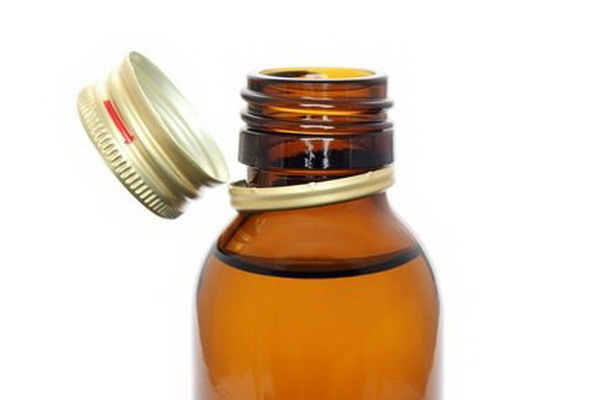
Attention: with caution, buy in pharmacies so-called."Laxative tea."Many of the drugs in this group are manufactured in China and can do more harm than good.
How do laxatives work?
Much of the good laxative inhibits the absorption of water in various parts of the intestine.A definite value also has their effect on the transport of calcium ions in the intestinal wall.
Peristalsis of the small intestine improves:
- bisacodyl;
- phenolphthalein;
- oxyphenytazine;
- natural anthroglycosides.
Note: on peristalsis of the colon is positively affected by vegetable oils.Preparations from the group of salt laxatives equally affect all parts of the intestine.
How to choose the best suitable laxative?
Indication for the use of drugs in this group are all types of constipation - acute and chronic.
For chronic( recurring) constipation, it is inappropriate to take saline laxatives quickly.They are indicated if rapid detoxification of the body is required, i.e., removal of the maximum of toxic compounds from the gastrointestinal tract.The side effect of such drugs is dehydration( dehydration) of the body, so the patient needs to monitor the drinking regime.Saline medicines are categorically contraindicated for intestinal obstruction, diverticulosis, and inflammatory processes in the intestine, including - unspecified( "acute abdomen").Long-term use can lead to atony of the large intestine and diarrhea, accompanied by metabolic disorders.
The saline laxatives include:
- Karlovy Vary salt;
- Glauber's salt - sodium sulfate;
- Magnesium sulfate - among other things, activates the outflow of bile;
- Magnesium citrate - when used, it is important to compensate for the loss of zinc.
With chronic constipation, it is important to correctly understand the outcome you are striving for.If it is necessary to cause defecation with a normal consistency of the stool, it is better to take the burnt magnesia, Laminarid or Kafiol.A stooly or perfectly liquid stool, optimal for diseases of the rectum and hemorrhoids, causes rhubarb, buckthorn, hay or phenolphthalein( Purgen).When taking saline laxatives, you need to remember that as a result of treatment will appear a very active peristalsis with liquid secretions and abundant escape of gases.
The best laxative for children is candles with glycerin.Laxative glycerin suppositories have a softening effect in the caudal part of the rectum and promote physiological defecation.
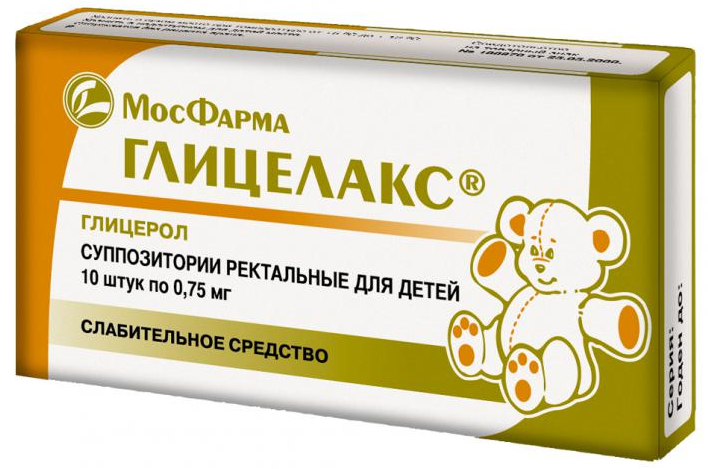
Laxative for pregnant women
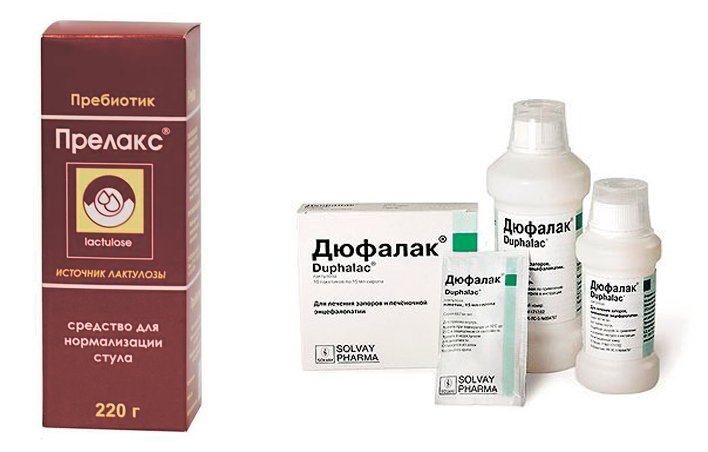
During pregnancy, not all drugs are suitable for women, as a number of compounds can harm a future baby.A good laxative for pregnant women is Prelax.Its analogue can be considered Dufalac.The active substance of this drug is lactulose.This compound naturally stimulates the growth and vital activity of normal intestinal microflora.The clinical efficacy and overall safety of this pharmacological drug has been proven in numerous trials.Lactulose acts only locally, without being absorbed into the systemic circulation, which excludes the negative impact on the future baby.The absence of mutagenic and teratogenic effects is proved.Regular intake of the drug not only normalizes the stool, but also reduces the load on the liver of the future mother.
For more information on the types of modern laxatives, the mechanism of their action, indications and contraindications to use, you will get by watching this video review:
Plisov Vladimir, medical reviewer


